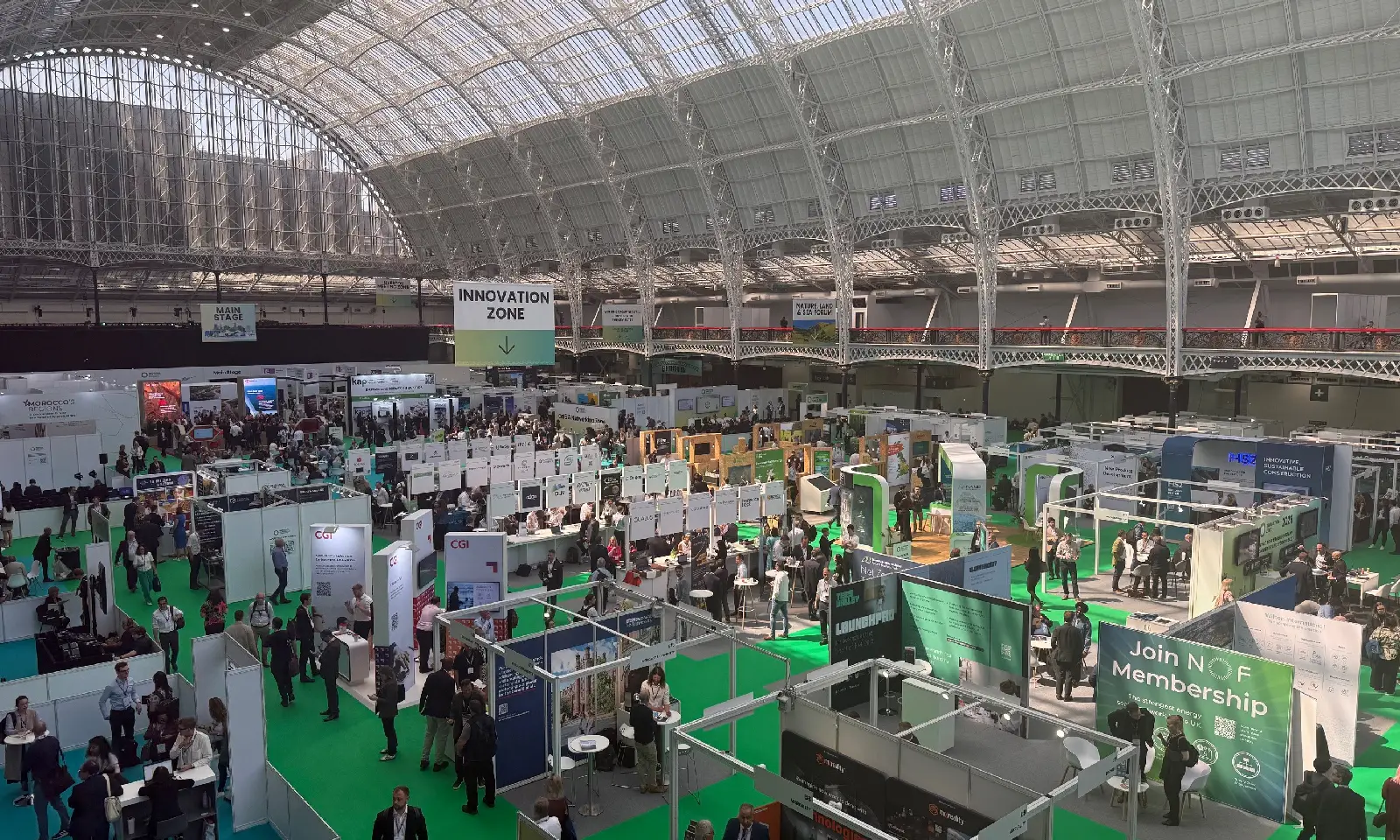
How important is nature to the economy?
Innovation Zero is the UK’s largest sustainability conference, bringing together policymakers, industry leaders, investors, and innovators to accelerate the transition to a low-carbon economy. With a strong focus on climate solutions, the dedicated Nature, Land and Sea Forum provided plenty of food for thought – in this blog Helen shares the key themes that stood out.
Nature is fact, not ideology - Reflections from Innovation Zero
Nature and the economy are deeply interlinked.
Nature is the foundation of everything, it isn’t a side issue or a ‘green’ bolt-on. It’s essential for economic growth. But we’ve created a system that undervalues the things that matter including, clean water, soil health, biodiversity and overvalues short-term wins.
One stat was referenced multiple times: the World Economic Forum estimates that over half of the world’s GDP — around $44 trillion — is directly dependent on nature. That’s a huge portion of the global economy that’s vulnerable to the consequences of environmental degradation — declining ecosystem services, rising drought risk, floods, and wildfires. It’s not abstract. It’s real risk.
And without a strategy and investment to reduce that risk, we won’t get the shift we need.
Barriers, trust, and the measurement gap
The lack of trust in the tools we’re using to measure progress was clear. There’s a lot of talk, but not enough consistency or clarity. Speakers voiced frustration at this gap — it’s a barrier to confidence and momentum.
However, one example of progress that stood out was the AHDB Environmental Baselining Pilot. We need more of this. Standardised, accessible tools. Honest conversations. And trust.
But beyond robust data, it’s also about communication — keeping stakeholders informed with honest and transparent updates. When progress and challenges are shared, it builds trust and invites wider collaboration. Without transparency, scepticism grows — and momentum stalls.
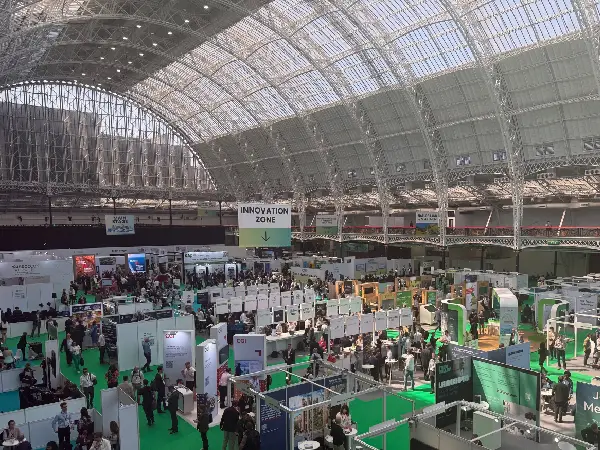
Business, language and leadership
There’s also a sense that the supply chain is being asked to carry the weight, while national leadership is missing. Several speakers asked — how have other countries managed to launch national nature programmes, while we’re still stuck?
And then there’s the language we use. Who in a boardroom is energised by ‘Scope 1, 2 and 3’? Probably not many. But talk about nature, biodiversity, resilience, and long-term risk — and the room listens differently.
It’s a clear reminder that crafting the right messages matters. We need to connect with people — whether it’s policymakers, investors, or the public — on an emotional and practical level. Storytelling has a critical role to play, making complex issues relatable, human, and urgent without overwhelming the audience.
We need to humanise the conversation. Make it about people, communities, and livelihoods — not just protocols and percentages. Because honestly, who’s going to regret taking steps to protect and restore nature?
We’re just at the start
We’re still at the beginning of defining what investing in nature looks like. But there’s real opportunity here — this could be as exciting (and vital) as the early investment into renewable energy.
We can’t afford to hide from the complexity. Imagine the momentum we could create if we had the confidence, the tools, the right stories, and the leadership to act. That’s where the next shift needs to happen.
Nature is not a ‘nice-to-have’ — it’s the foundation for a resilient, future-proof economy.
If this topic resonates, you might also like a related blog I wrote after attending Sustainability Week, which explores the role of storytelling in sustainable farming:
Sustainable farming for planet and profit
At Pinstone, we work with organisations across food, farming, and the environment to help tell powerful sustainability stories that drive real-world impact.
More recent insights
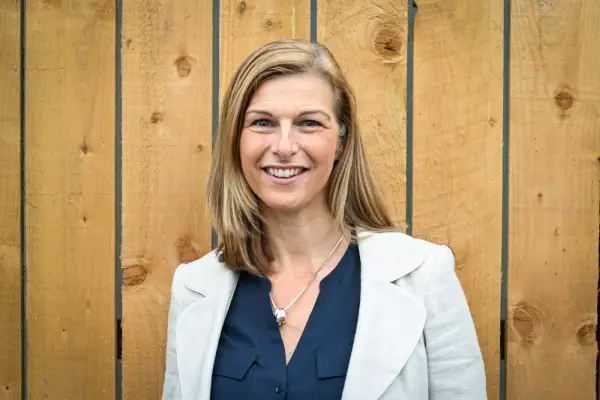
Why the Oxford Farming Conference is a masterclass in thought leadership
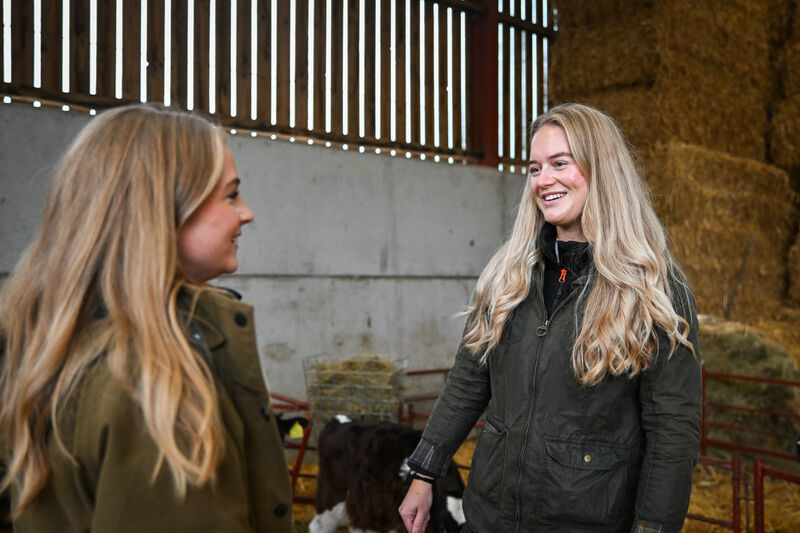
The four best ways for supply chain businesses to communicate with young farmers
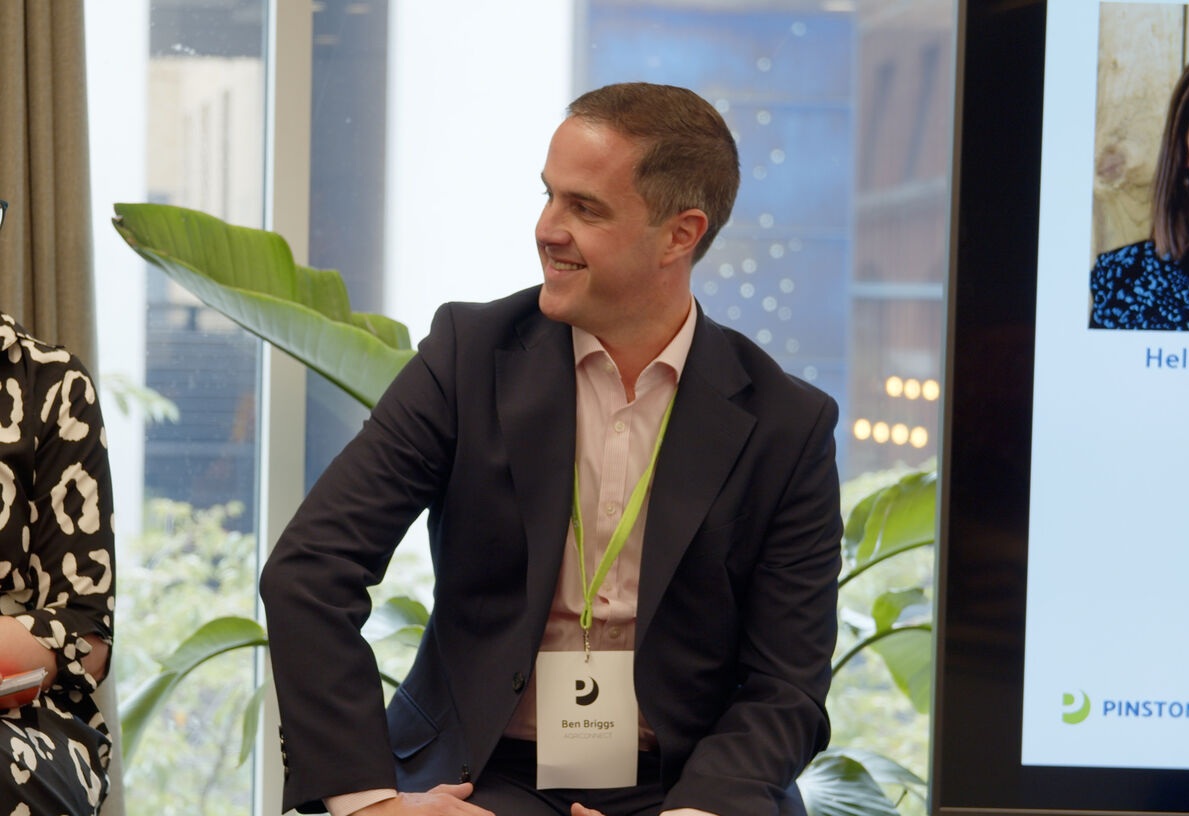
The value of PR in food, farming and environment communications

Sign up to our newsletter
Keep your finger on the pulse.
